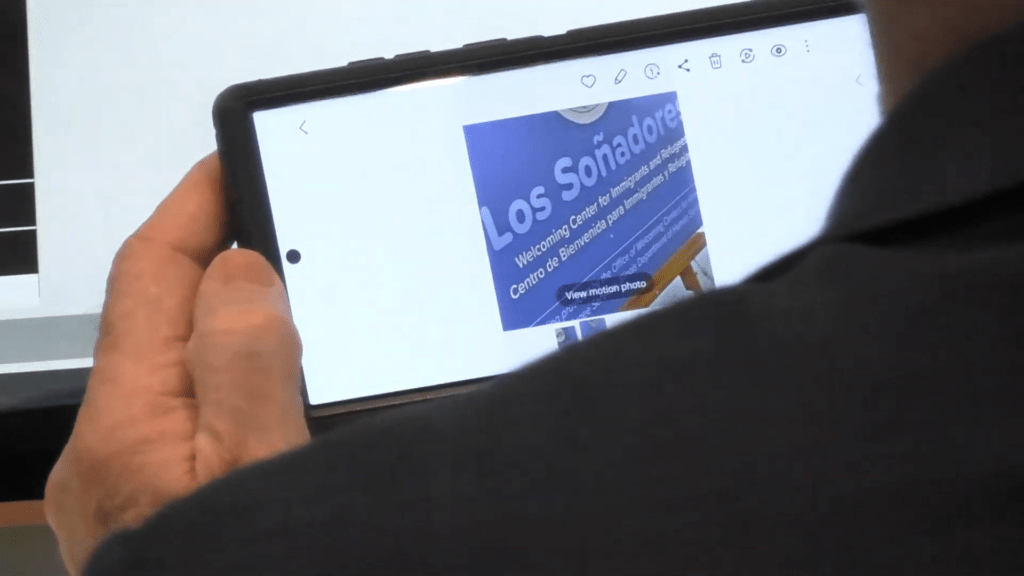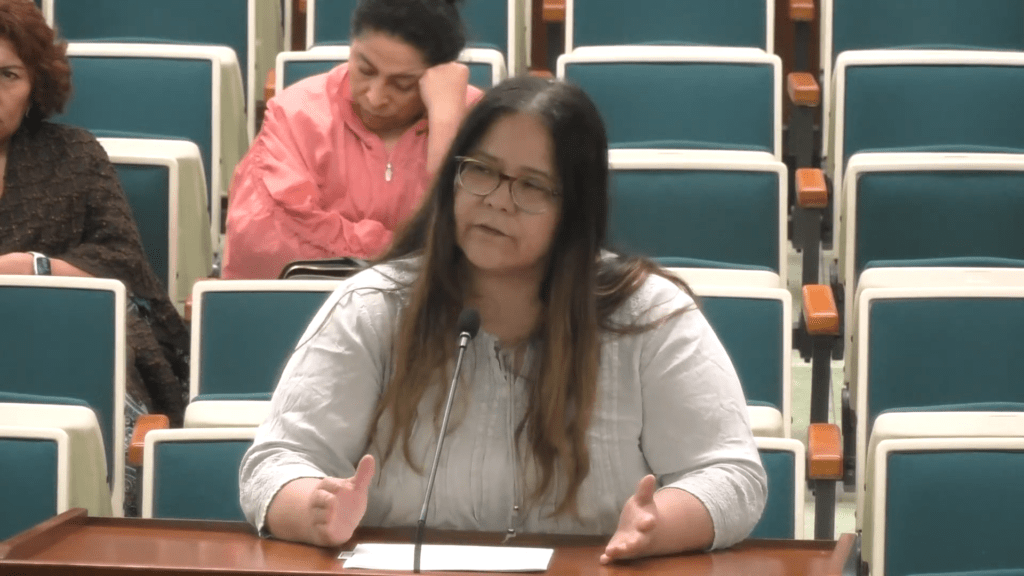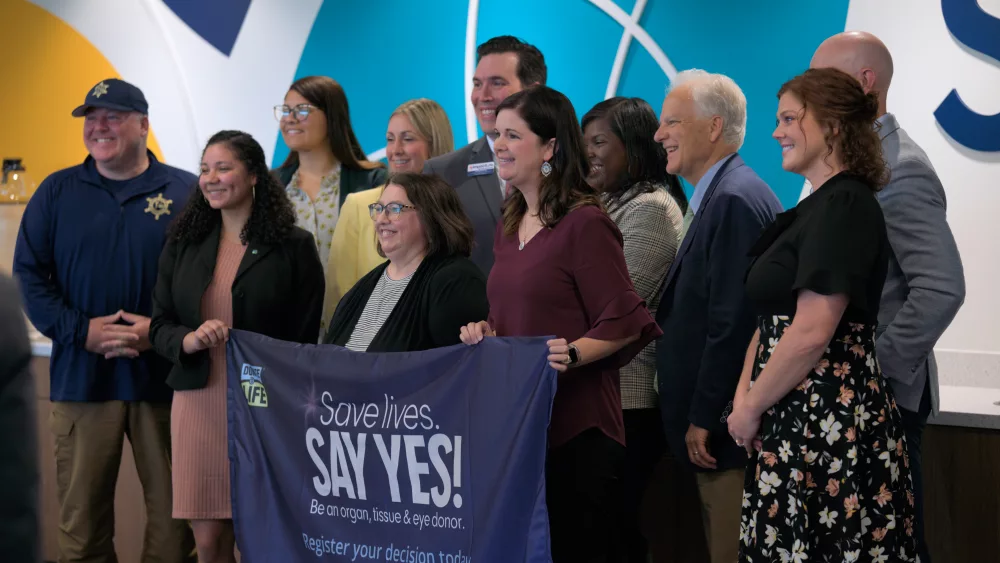Summary
Community health center provides resources and aid for immigrants, in addition to healthcare for citywide community
In recent weeks and months, the Springfield City Council has heard a number of citizens speak on the subject of immigration: Concerned parties have shared with the city government of the capital of the state of Illinois their anxieties surrounding the federal management of immigration policy, and the diffusion of what these citizens have uniformly referred to as “illegal aliens.”
Indeed, during the City’s April 2 meeting, one citizen alerted the council to the existence of a facility in the City which brazenly advertised itself as, in her own words, “A welcoming center for illegal aliens,” offering up images of the offending display. Upon scrutiny, Alderman Chuck Redpath of Ward 1 determined the advertisement in question actually read, “Welcoming Center for Immigrants and Refugees.”

The facility at the center of this discourse is Central Counties Health Centers, a not-for-profit community health organization providing “high-quality, affordable, non-discriminatory, and accessible primary medical and dental care that meets the personalized needs of the underserved people of Central Illinois.” Additionally, CCHC also participates in state programs to assist foreign-born residents with integration into Springfield and the state of Illinois.
In its April 16 council meeting, the City touched again on the subject of CCHC when it was addressed by Sister Marcelline Koch and Verónica Espina — both belonging to the Springfield Immigrant Advocacy Network (SIAN), a local immigrant support and resource group.
“The CCHC connects people with immigrant [resources], such as school districts, ESL (English as Second Language) courses, mass transit, and many other resources a new family will need to connect to if they come to the City,” explained Espina, who is co-founder of SIAN.
“For over 20 years, that center has been providing quality medical and dental, usually to people that are underserved,” said Sister Marceline. “They are really doing a good service to our community — and Central Counties is not the only one in Springfield.”
Sister Marcelline, a long-time resident, schoolteacher and activist of Springfield and a veteran of the Dominican Leadership Conference at the United Nation, pointed out the significance of the synonymizing of “illegal alien” and “refugee”:
“’Alien’ is legal language. When immigrants come, they are given an A# (Alien Registration Number). There is no reason to use this term in everyday living, because it’s a legal term. Referring to an immigrant as ‘illegal’ objectifies a person. In fact, ‘Illegal’ is not always accurate: for instance, living within the US without authorization, such as overstaying a visa – which is probably the majority of ‘undocumented’ folks – but entering the country legally is a civil, not criminal, offense.”
“I think the language piece is connected to folks seeing immigrants as responsible for much crime,” observed the Sister. “There are various studies – and they’re on [the alders’] handout – showing that foreign-born individuals do not commit crime at a disproportionately higher rate than native-born folks. Beginning back in 1960: ‘Immigrants today are 60% less likely to be incarcerated than US-born.’
“I think we should examine why some folks would promote such a connection with immigrants, and why we should be inclined to believe that there is a connection.
“Immigrants, refugees and asylum seekers are looking for the same things that all of us want for our families,” added the Sister.
Illinois, said Verónica Espina, is a particularly welcoming state; immigrant welcoming centers such as the one at Central Counties having been in operation with funding through the Illinois DHS since 2007, helping facilitate integration into state communities. State law, for instance, recognizes immigration status as a potential motivator for hate crimes.
“In Illinois – and primarily in Chicago – we have received over 30,000 Ukrainian refugees, and about 20,000 Venezuelan asylum and refugee applicants.
“Our kids go to school together,” said Espina. “We interact with immigrants in every industry in the City — immigrants are our teachers, doctors, IT consultants, engineers, nurses, university and college professors… immigrants also prepare our food in the restaurant industry. They work jobs in the service industry, in sectors such as cleaning, construction, landscaping. It is fair to say today that every alderwoman and man in this Council represents immigrant families living in their wards today. We even go to church together.”
Ward 8 Alderwoman Erin Conley, whose own husband just recently naturalized as a US citizen, expressed gratitude for the comments: “The street that I live on has four households that are non-Native American residents, from different continents […] Our non-native members of this community are all over the place, and provide all sorts of services, and we interact in many ways. It makes us a richer community to have this variety of backgrounds and strengths.
“If we start treating each other with the kind of compassion and respect that you brought in tonight,” said Alderwoman Conley, “I think our community just becomes much better.”




